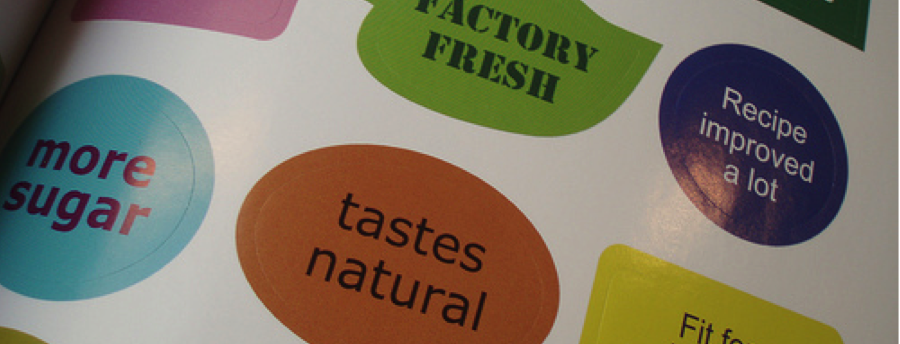Consumer perception of “Natural” labeling on packaged and processed foods range from ‘no artificial materials during processing’ to no ‘artificial ingredients’, to ‘no pesticides’ and ‘no GMOs’. Knowing that there is less regulation around “Natural” than say, “Organic”, brands have been known to resort to ‘natural washing’ to find their place in the healthy consumers’ consideration set. However, today’s consumers expect more from food brands and their labeling practices when it comes to feeding themselves and their families.
In fact, 66% of consumers believe that natural means no artificial ingredients, while 86% feel that natural should mean no artificial ingredients. According to a Consumer Reports survey of 1,000 consumers, similar gaps exist across the other perceived meanings of “natural” when it comes to food labeling signifying the opportunity for smart brands to fill these gaps between perceived meaning and wanted meaning when using claims on packaging.
This perception/ expectation gap should come as no surprise to marketers as the family food-shopper is more knowledgeable and savvy than ever, looking beyond the front label for information. Today’s food-shopper has a world of information at their fingertips. If there’s something they can’t pronounce on a label, chances are they’ll be searching it on their smartphone before the product earns a place in their cart. With all this knowledge, the average consumers find themselves seeking the cleanest labels, and often wanting more from their brands.
So what does this mean to food brands looking to claim their place in the healthy family lifestyle? Rather than ubiquitous labeling of natural, building trust may require labels that answer more questions than they raise. Kraft has taken this seriously with the removal of artificial colors and preservatives in their blue-box Macaroni & Cheese, instead using natural coloring agents such as paprika, annatto and turmeric. While there may be some blowback from those who hold this mac and cheese nostalgia near and dear, we believe the brand will only benefit from such shifts towards more natural, less processed ingredients. Sure, this may come at a price premium but with the proliferation of organic options spawning from specialty markets and now reaching the masses via supermarkets and even Walmart, we all know consumers are willing to pay more for quality that they can trust.


